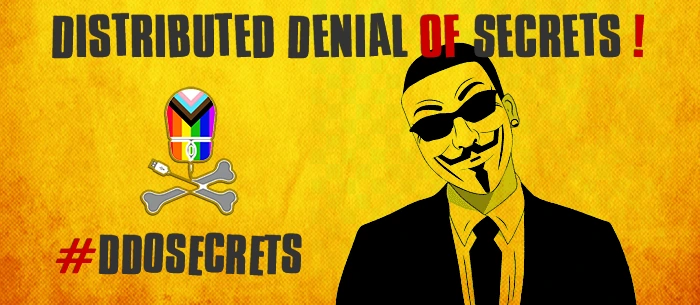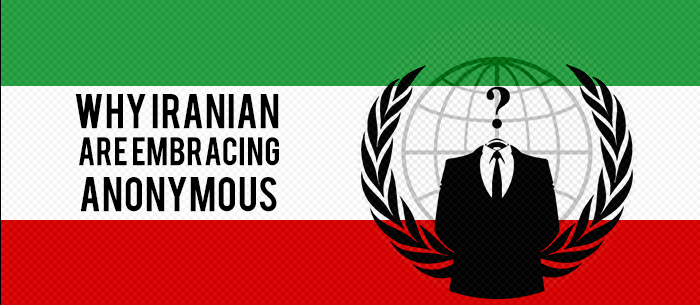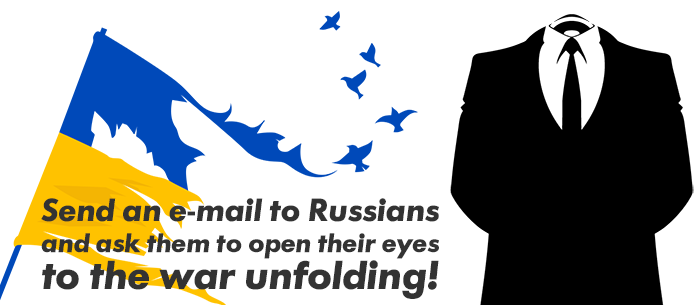
Home Anonymous Operations Ideas are bulletproof British Police say they arrested Hacker group member
Thursday 28 July 2011
“You cannot arrest an idea.”
British police on Wednesday announced the arrest of a 19-year-old man who they said was the spokesman of the online vigilante group Lulz Security, which has claimed responsibility for a string of attacks on the Web sites of government agencies and private corporations.
In a statement, the police said the man used the online alias Topiary and was picked up during a raid on a residence in the Shetland Islands, the rugged archipelago off the northeastern coast of Scotland. Police said they were also questioning a 17-year-old but had not arrested him, and were conducting a search at another address in Lincolnshire, while a search continued at the Shetland Islands address.
On Twitter, Topiary described himself as a “simple prankster turned swank garden hedge.” His missives were often facetious and occasionally provocative, suggesting the handiwork of someone who relished playful language.
The most recent post on Topiary’s Twitter feed is dated July 21, two days after law enforcement authorities announced the arrests of more than a dozen people in the United States, Britain and the Netherlands, who were accused of participating in online attacks at the instigation of the hacker group Anonymous and its offshoot, Lulz Security. “You cannot arrest an idea,” Topiary wrote.
In the United States, 14 men and women, mostly in their 20s, were charged in connection with an online attack last December against PayPal, after the online payment company stopped taking donations for WikiLeaks.
On Wednesday, in response to those arrests, Anonymous called on supporters to cancel their PayPal accounts. Shares in PayPal’s parent company, eBay, dropped and then recovered somewhat. In afternoon trading they were down 3 percent, in line with other technology stocks.
A PayPal spokesman, Anuj Nayar, denied that any significant number of PayPal users had canceled their accounts in reponse to the boycott call. “We haven’t seen any changes to our normal operations, including account opening and closing,” Mr. Nayar said.
The attack on PayPal’s site last December slowed down the company’s system but to such a small extent that it would have been imperceptible to customers, he said. At no point, Mr. Nayar said, was the Web site shut down.











